Lee:
Yeah. And it’s so many ways that people don’t realize like when you were just talking about the snow and the ice and the caribou, that’s not something that I would think about. Those are the kinds of things that I feel like a lot of people don’t realize what is happening. It is those little nuances that are huge issues. It is those little ways that people don’t realize that affects a huge population of people and ecosystems. That is very informative to hear those kinds of stories. And the more we hear, I think the more people will kind of understand how it all happens. So thank you for sharing that. I think it’s important for people to also learn what native peoples are doing to respond to environmental issues because we probably should take the initiative and learn from native people. I wonder, from your experience, how have you responded and how have you have seen people respond to these issues?
Doreen:
Well, just something trivial just comes to mind. I saw on Facebook a friend that I grew up with who’s been living here for years and she sent a picture of her yard, and she’s happy that there’s no snow. And I’m going, “No, we want snow! We want the cold.”
I remember hearing my uncles when they went out hunting and they say, “the colder the better.” And we love the cold. When I was growing up, that’s what we did. We accepted the weather no matter what. It was something we couldn’t control. So, what’s the use of complaining?
When I was growing up, there was just the doctors and the nurses and the teachers. They were the only non-natives there. But now there’s non-natives everywhere. And I hear complaints about the world all the time, just going off the subject. Just yesterday I saw a friend of mine who lives up on the hill here in Fairbanks. He is saying 47 degrees in October when it was 27 a couple of days ago. This is surreal. This is not the way it’s supposed to be. Me and another friend, she grew up here in Burbank. She said on her birthday, I think it was October 26, she said when she was a little girl, her birthday was the time that the ice was finally thick enough for them to go ice skating on. So her birthday was always an ice skating party. And three days or four days ago, there was not even a hint of ice. The water in the ponds and the rivers not even a hint of ice. And these are changes that I hear people talking about.
Lee:
And what would you offer to people who want to learn what’s going on and how to help and what can we learn from you and from how you interact with these issues? What are we to do when it comes to the environment? I would love to know how we can learn from you and moving these actions forward.
Doreen:
Well, if you want to hear from native people, believe what they say. I was just doing some homework here, and the subject was on place names. A native person was talking about place names and all the names that we gave to our land, to the rivers, to the mountains were descriptive names. They were never names of certain people. My home village’s name means to “gather roots.”
So, the people who came to make maps in Alaska named them English names and disregarded the names that were native. Why not use the native names? Because the ones who made the maps didn’t want it to be known that somebody was there before them. They wanted to be known as the first people on this land, which they weren’t. And I’m grateful that we have people who really believe the native people’s words, the hunter’s words about the land and the ocean. They’re from good people. They’re few and far between. Just believe the people. Believe native people’s words and take it to heart.
Lee:
So, this specific interview will be put on our website and a lot of people of faith read this and a lot of people in the church read this. What would you say to people of faith who may not see the environment as something that we should be concerned with? What is the role of people of faith in these conversations and what are we called to do? Because there’s a lot of people I know who go to church and they don’t think this is relevant, some people don’t believe in it and some people think that we should just let God take care of it because it’s going to happen anyway. And so I wonder what you would say to people of faith when they think that these issues are not of our concern.
Doreen:
Think of their children, their grandchildren. What are you leaving? What kind of world are you leaving for the ones who are coming after you? Do you love your grandchildren? Do you want them to live in a world that’s become filthy and dirty or do you want to do it in a green world with water that is drinkable, with air that you can breathe freely? A world where the animals are not dominated like it says in the Bible. I think that’s not an accurate translation but think of your grandchildren and great grandchildren. What kind of world are they going to have? The many, many native cultures made their laws thinking of the ones yet unborn and not to satisfy the human desire at the moment. But think of the ones yet unborn. How is it going to affect them?
Lee:
Is there anything else that you want people to know or about the work that you do? If you have anything else, I’m open to hear that and talk about that a little bit.
Doreen:
I love you.
Lee:
Well, I’ll love you too. And thank you. I think everybody needs to hear that every once in a while.
Doreen:
Yes.
Lee:
Well, I can’t wait to hear about your studies. What year are you in?
Doreen:
I will be done this May.
Lee:
Oh wow. Well, congratulations.
Doreen:
It’s been since 2015.
Lee:
Oh wow. That’s great.
Doreen:
Yeah. And one of my grandchildren is in their second year in college and my younger granddaughters, who are in high school, are talking about college. And they just love this (pointing to her tattoo). I got this because I had seen a painting that my dad did of his grandmother, my great grandmother. I never saw either of my grandmothers with it. And I knew it was part of our culture. I never saw my mom or my step mom with it. But when I saw that painting when I was 10 years old of my great grandmother, I knew I wanted one. So I finally got it last year. And now one of my granddaughters wants one.
Lee:
What does it symbolize?
Doreen:
I’ve heard different things. For me, it’s children. For some people, it’s beauty. And for me mainly it was to look like my great grandmother and to be native like her. And I had a favorite elder of mine from another village come up to me who was very much into the church. I love the teachings of Jesus, but what she said to me when she saw me for the first time since I had this, she pointed at the tattoo and she said, “the Bible says we must not mark ourselves.” And so, I answered, “the Bible also says that women should be silent in church. And I’ve heard you speak in church, which one are you going to follow?” And she respected that. Yeah. I’m glad I had an answer for her.
Lee:
I think it’s beautiful. Thank you. I have a few tattoos myself. You can’t really see them. They’re on my arms, so yeah, I think it’s awesome. And it connects you with your family. And that’s awesome. Well, I thank you so much for this.
Doreen:
Of course. I’m glad we finally connected.

Doreen Nutaaq Simmonds is Inupiat and lives in Barrow, Alaska. She has dedicated her life to the conservation of native languages while advocating and organizing around issues of environmental justice. She has partnered with the Presbytery of Yukon to speak to environmental issues that affect native peoples.

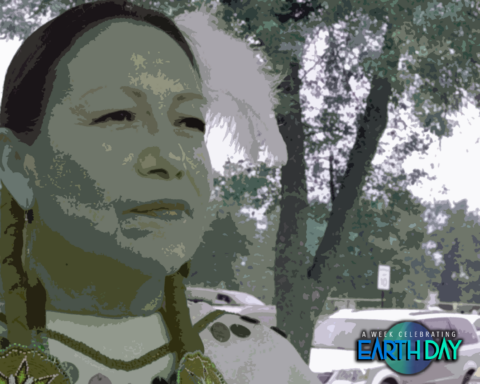
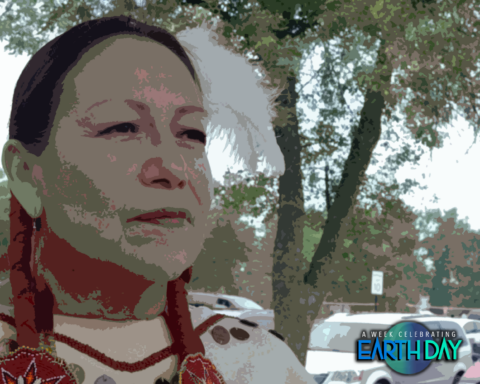
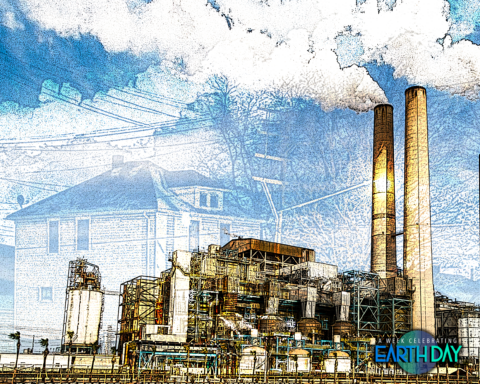
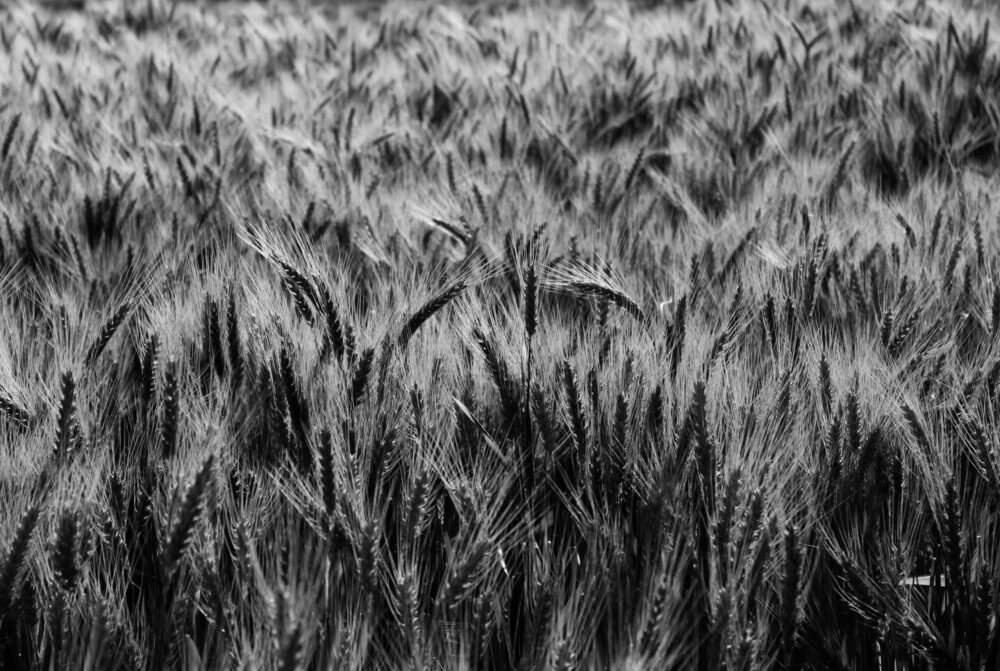
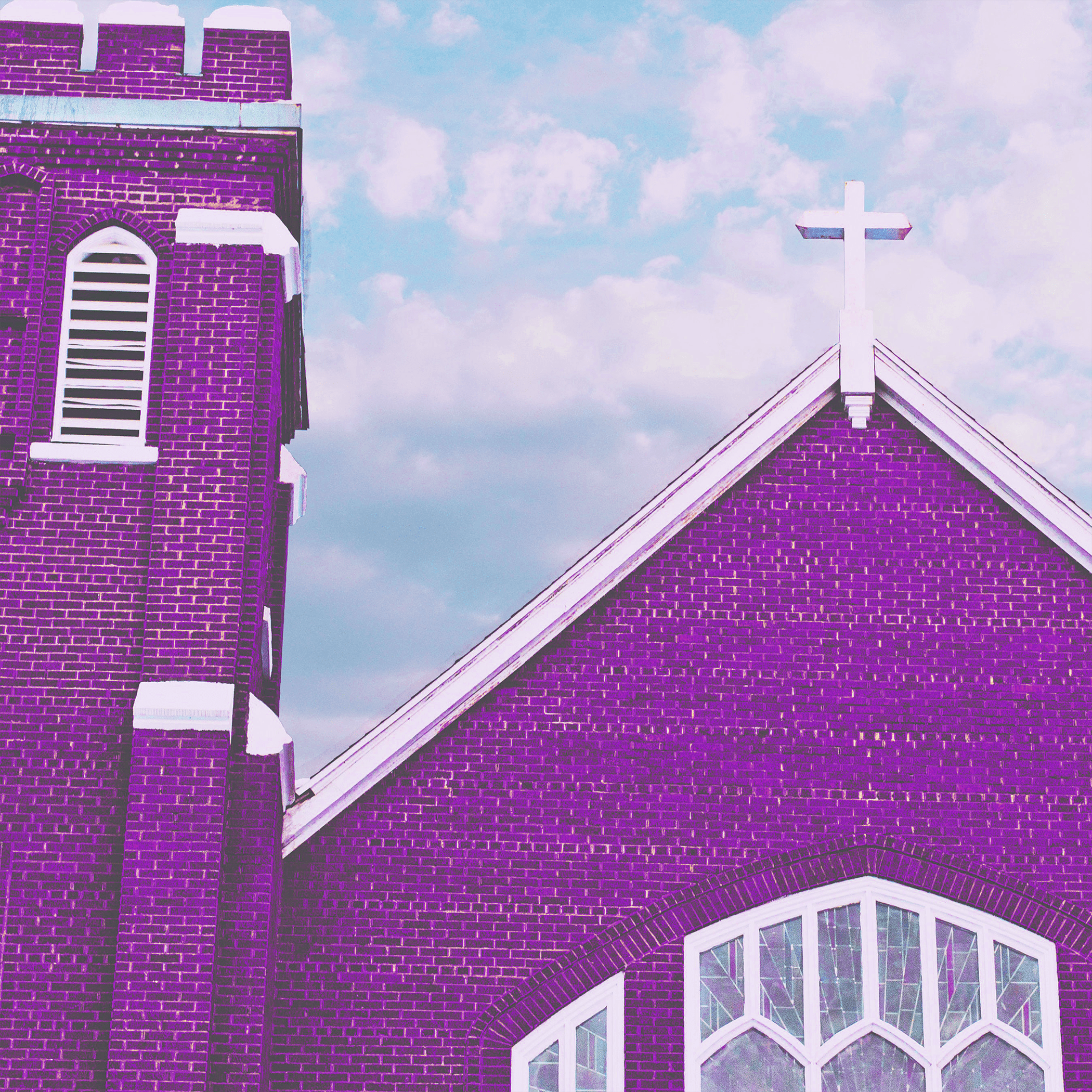
Unbound Social